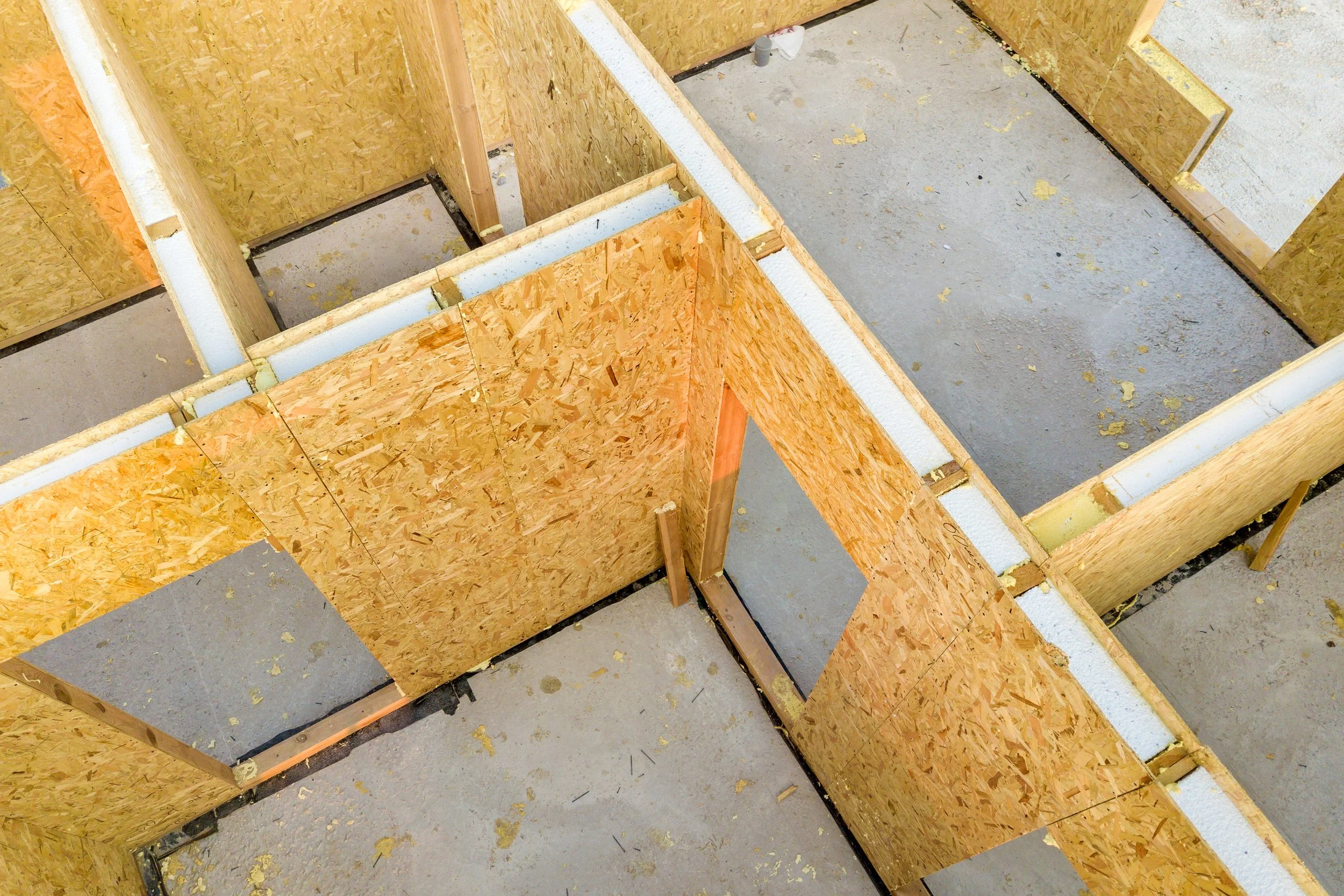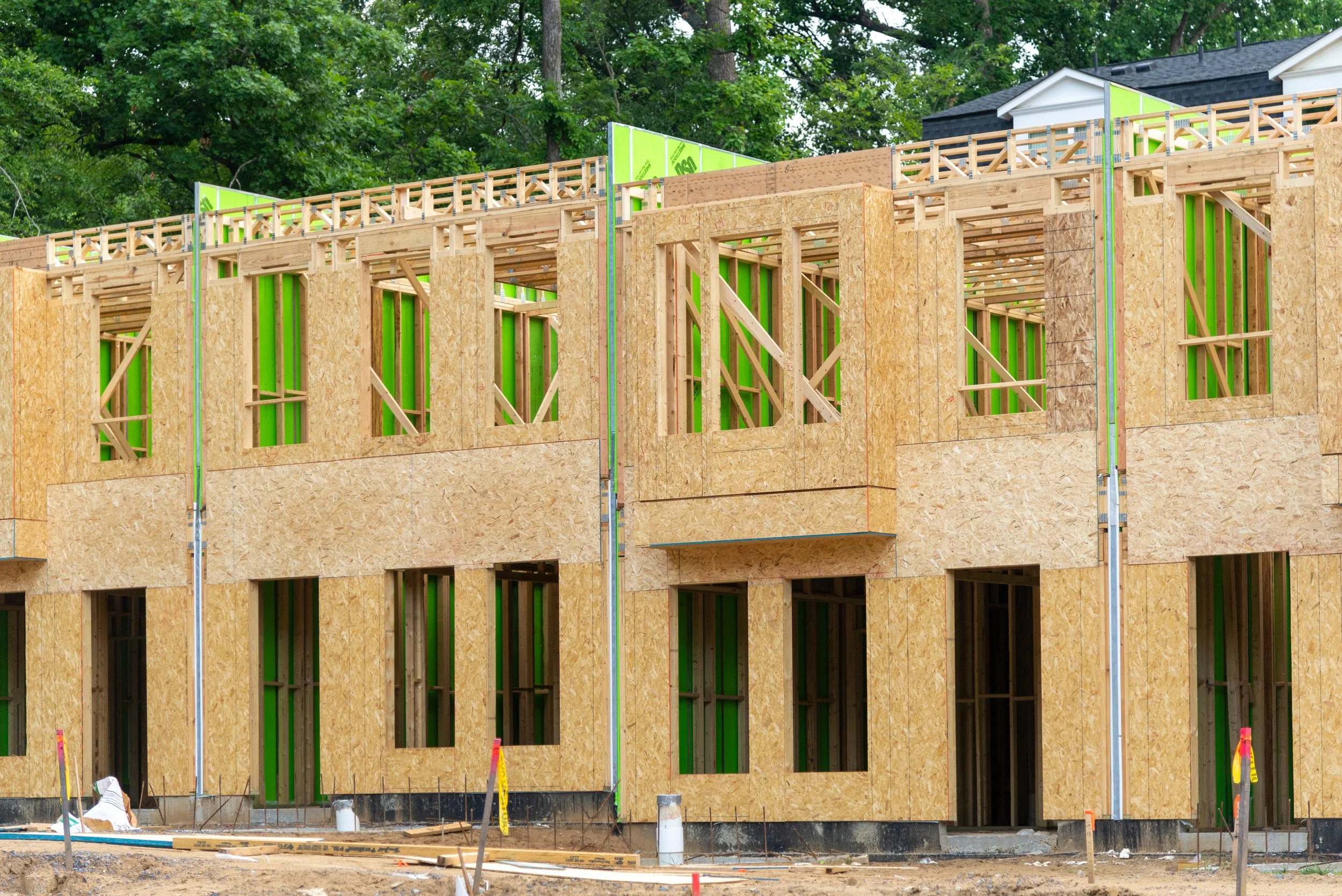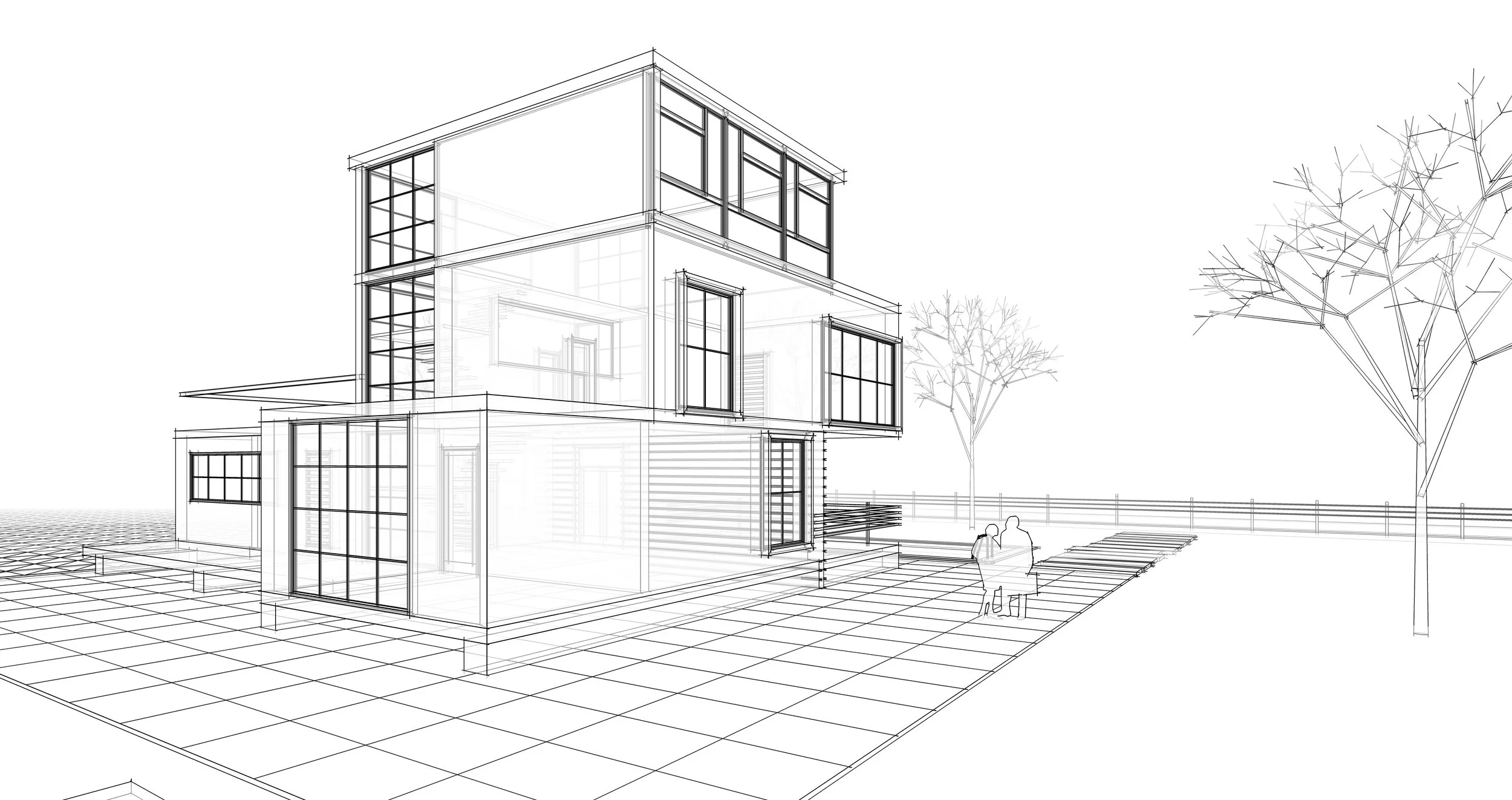Prefabrication and Modular Construction: Revolutionizing the Building Industry in 2025
The construction industry is experiencing its most significant transformation in decades. Traditional building methods are being rapidly displaced by prefabrication and modular construction methods that are delivering projects quicker, cheaper, and more sustainably than ever before.
This in-depth analysis explores how these emerging construction methods are redefining the industry, from saving costs to benefiting the environment, and showcases the firms and projects leading the way.
Understanding Prefabrication vs. Modular Construction
What is Prefabrication in Construction?
Prefabrication involves manufacturing building elements such as walls, floors, roofs, and structural frames under factory conditions. They are then delivered to the site for completion.
What is Modular Construction?
Modular construction goes one step ahead by manufacturing parts of buildings or modules within factories. These modules include:
Plumbing systems
Electrical installations
Interior finishes
HVAC systems
Once delivered to the site, these modules are connected like sophisticated building blocks, creating the final structure.
The Financial Benefits: Why Modular Construction Saves Money
Spectacular Time Savings
According to McKinsey research, modular construction can reduce project timelines by 20-50% compared to traditional methods. This acceleration comes from:
Parallel Processing: Site preparation occurs simultaneously with module fabrication, eliminating sequential delays that plague traditional construction.
Weather Independence: Indoor manufacturing eliminates weather-related delays that can add weeks or months to outdoor construction projects.
Streamlined Quality Control: Factory-controlled environments ensure consistent quality and reduce rework.
Significant Cost Reductions
The financial benefits of modular construction extend beyond time savings:
Labor Cost Reduction: Specialized factory workers are 20-30% more efficient than traditional on-site crews, reducing overall labor costs.
Material Efficiency: Centralized procurement and inventory management minimize waste and reduce material costs by up to 15%.
Reduced Financing Costs: Reduced project duration equals reduced carrying costs and faster return on investment.
These savings are particularly valuable in high-cost urban markets where labor shortages and complex permitting processes can delay traditional construction for years.
Environmental Impact: Sustainable Construction via Modular Methods
Waste Reduction Benefits
The construction industry generates over 600 million tons of waste annually in the United States alone. Modular construction addresses this environmental challenge by:
Precision Manufacturing: Factory-controlled procedures reduce wastage of materials by up to 90% relative to traditional on-site construction.
Optimized Material Use: Computer-aided design and production reduce material wastage during manufacturing.
Reusable Components: Modular buildings can be disassembled and relocated, extending component lifecycles.
Carbon Footprint Reduction
Modular construction significantly reduces environmental impact through:
Reduced Transportation: Fewer material deliveries and shorter project durations minimize transportation-related emissions.
Energy-Efficient Production: Modern factories often utilize renewable energy sources and optimized manufacturing processes.
Improved Building Performance: Factory-controlled assembly results in tighter building envelopes and better energy efficiency.
Industry Pioneers in Modular Construction
Factory OS: Affordable Housing Innovation
Based in California, Factory OS specializes in modular affordable housing solutions. Their projects vary from San Francisco and Oakland high-rise to low-cost, effective, and efficient construction methods, bridging the housing crisis.
Skanska: Global Construction Excellence
This international construction leader integrates modular methods into hospitals, commercial buildings, and infrastructure projects. Skanska's hybrid approach combines traditional and modular strategies for optimal project outcomes.
Blokable: Housing as a Service
This innovative startup provides comprehensive modular housing solutions, managing the entire process from design to occupancy. It significantly reduces both costs and timelines for residential projects.
Laing O'Rourke: UK Manufacturing Pioneer
Operating the UK's most advanced construction factory, Laing O'Rourke produces components for schools, hospitals, and infrastructure projects. They've been instrumental in advancing off-site manufacturing techniques.
Game-Changing Modular Construction Projects
Marriott AC Hotel, New York City
This 26-story, 168-room hotel demonstrates modular construction's potential for luxury hospitality:
Construction Time: 90 days on-site assembly
Significance: World's tallest modular hotel at completion
Impact: Proved modular methods can deliver luxury without compromising quality
B2 Brooklyn at Pacific Park
This 32-story residential tower demonstrates modular construction's scalability:
Units: 363 apartments
Lessons Learned: Highlighted the importance of seamless integration between architects, engineers, and manufacturers
Google Bay View Campus
Google's new headquarters incorporates prefabricated elements for speed and precision:
Modular Components: Such as roof panels and interior systems
Sustainability: Targeting net-zero operational emissions
Royal Adelaide Hospital, Australia
One of the Southern Hemisphere's largest hospitals utilized modular construction:
Components: Bathroom pods, structural elements, and service risers
Outcome: Saved months in construction schedule while improving installation safety
Overcoming Modular Construction Challenges
Initial Investment Requirements
Factory setup and design standardization require significant capital investment. However, the long-term benefits typically justify these upfront costs through:
Reduced per-unit costs over multiple projects
Improved quality consistency
Higher profit margins
Logistical Considerations
Transporting large modules requires careful planning, particularly in metropolitan areas. Solutions include:
Modular size optimization for transportation
Strategic factory locations
Advanced logistics planning software
Regulatory Adaptation
Building codes and zoning laws are evolving to accommodate modular construction. Industry advocacy and education are driving regulatory updates to support these innovative methods.
The Future of Modular Construction
Technology Integration
New technologies are being embraced by the industry, such as:
Artificial Intelligence: Optimizing factory production and supply chains
Digital Twins: Enabling better monitoring and simulation of modular builds
Building Information Modeling (BIM): Increasing design accuracy and construction coordination
Global Market Expansion
Modular construction is gaining momentum in rapidly urbanizing regions:
Southeast Asia residential developments
African infrastructure development
Refugee housing and disaster response applications
Standardization and Interoperability
Emerging platforms are creating plug-and-play frameworks where elements are interchangeable, much like automotive manufacturing principles, to further reduce construction project times.
Conclusion: The Modular Construction Revolution
Prefabrication and modular construction are fundamental shifts emerging in how we build. With proven time and cost reductions, environmental benefits, and increased project complexity capability, these methods are becoming the new standard for effective building.
The success of major projects and the growth of modular-first companies indicate this paradigm shift is accelerating.
Whether your construction project utilizes traditional construction methods or has already embraced modular construction, TokenMe’s solutions help to position you at the forefront of the construction industry's future. By leveraging our technologies' real-time tracking systems and integrating digital design workflows, we transform construction projects from fragmented processes to streamlined construction operations.



